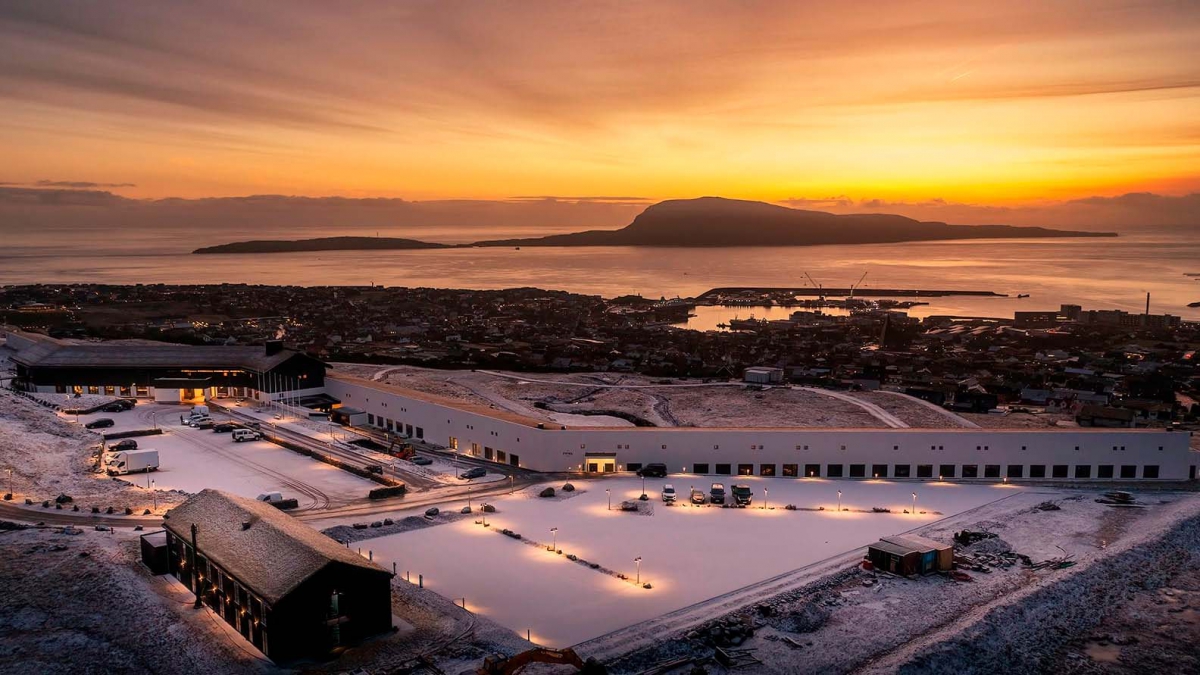Accommodation
25. Feb 2022
Overnight stays slowly rising

The total number of overnight stays in Faroese hotels was 6,903 in January 2022, a year-on-year increase of 25% (just under 1,400 stays). Hotel overnight stays are used as a measurement of the number of visitors and the duration of their stays.
[px-graph-1]
[px-graph-2]
A majority of the overnight stays in January 2022 was by Faroese residents (3,800), although this figure has dropped 5% on January 2021. The number of overnight stays by Danish residents saw a 62% increase, while overnight stays by residents outside the Faroe Islands and Denmark more than doubled compared to January 2021.
[px-graph-3]
Check-ins
Check-ins show the number of hotel visitors regardless of the duration of their stays. January 2022 saw just over 3,600 hotel check-ins, a year-on-year increase of 19%.
The figure for residents outside the Faroe Islands and Denmark is now back on the rise, having almost trebled since January 2020. Still, the figure has yet to reach the pre-covid levels from 2019. The number of overnight stays by Faroese residents in January 2022 is roughly equal to that of January 2021, with three out of four check-ins made by Faroese residents.
[px-graph-4]
Occupancy rates
The occupancy rate shows the number of available rooms used. Just over 23% of all hotel rooms were occupied in January 2022, compared with 17% in January 2021.
[px-graph-5]
Definitions
Overnight stay: in this context, an overnight stay is defined as a single night spent in a hotel which registers and passes this information on to Statistics Faroe Islands. For example, if ten people spend three nights at a hotel, this counts as 30 overnight stays.
Check-in: the number of individuals who check in at a hotel.
Room nights: the number of rooms occupied over a certain period. For example, if ten people spend three nights in five rooms, this counts as 15 room nights.